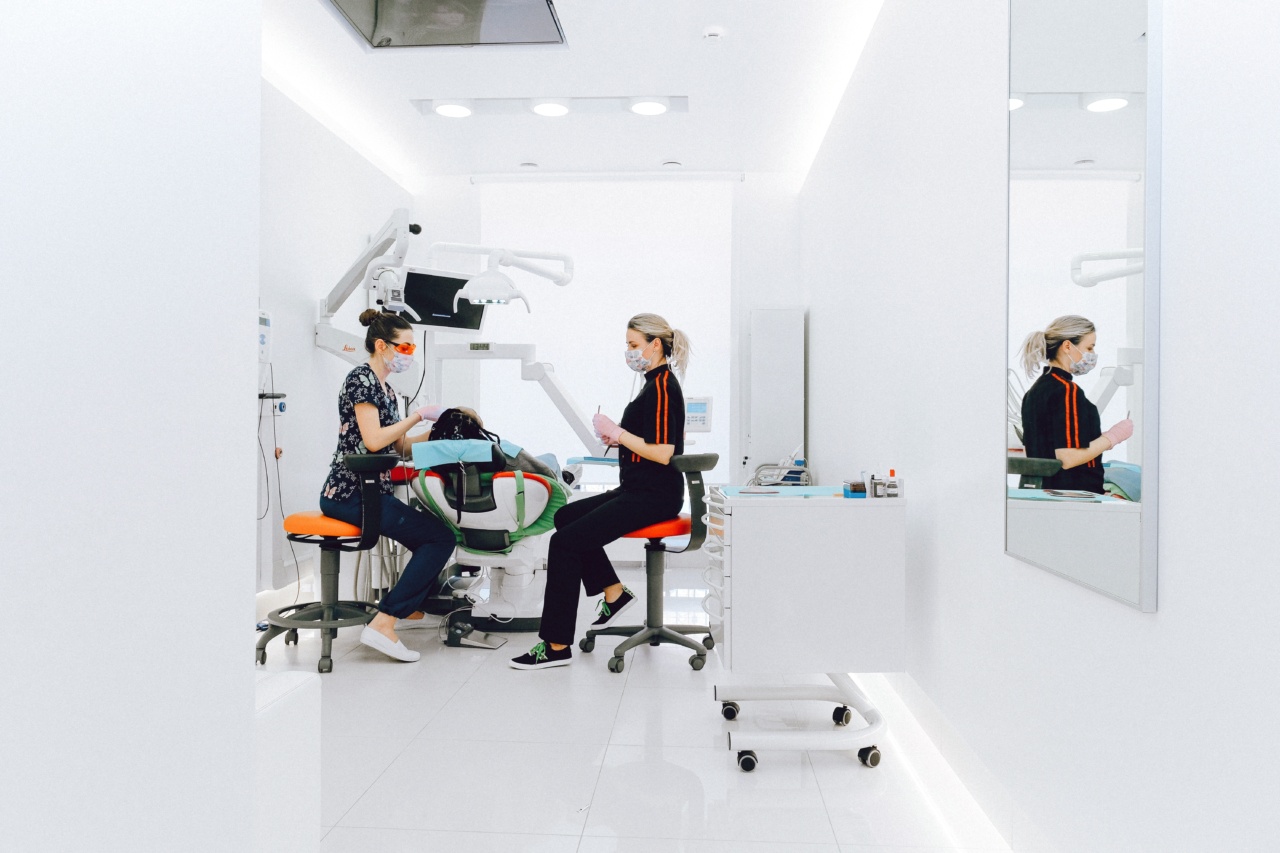Orthodontic treatment, commonly known as braces, is a dental procedure that aims to correct misaligned teeth and jaws.
While the physical benefits of orthodontics are well-established, there is a growing interest in understanding the potential impact of this treatment on psychological development. This article aims to explore whether orthodontic treatment has any influence on psychological well-being, self-esteem, and other aspects of a person’s mental health.
The Importance of Psychological Development
Psychological development plays a vital role in an individual’s overall well-being. It encompasses various aspects such as emotional stability, self-esteem, social interactions, and overall mental health.
A healthy psychological development is crucial for building successful relationships, managing stress, and achieving personal goals.
Orthodontic Treatment and Self-Esteem
One of the primary psychological aspects that orthodontic treatment can potentially impact is self-esteem. Having misaligned or crooked teeth can lead to self-consciousness and lower self-esteem.
Orthodontic treatment aims to correct these dental issues, leading to improved physical appearance, which, in turn, may positively influence self-esteem.
The Role of Orthodontic Treatment in Social Interactions
Social interactions are an essential part of psychological development, particularly during adolescence. Adolescents often face challenges related to self-image and social acceptance.
Misaligned teeth can sometimes hinder social interactions due to concerns about physical appearance. By improving dental alignment, orthodontic treatment may contribute to more positive social experiences, enabling individuals to feel more confident and comfortable in social settings.
Psychological Impact of Orthodontic Treatment on Functional Aspects
Orthodontic treatment not only enhances the aesthetics of the teeth but also improves functional aspects such as biting, chewing, and speaking.
Functional improvements resulting from orthodontic treatment may positively influence psychological well-being by reducing discomfort, frustration, and self-consciousness related to dental issues.
Orthodontic Treatment and Body Image
Body image refers to an individual’s perception of their own physical appearance. Orthodontic treatment can have a significant impact on body image, as it addresses visible dental imperfections.
Improved dental aesthetics achieved through orthodontic treatment may lead to a more positive body image and a corresponding boost in overall psychological well-being.
The Role of Orthodontic Treatment in Bullying and Teasing
Adolescents and even adults with misaligned teeth may experience bullying or teasing from peers, which can have a detrimental effect on their psychological development.
Orthodontic treatment can help in eradicating or minimizing dental imperfections, potentially reducing the risk of bullying and teasing, and consequently improving psychological well-being.
Challenges and Psychological Adjustments during Orthodontic Treatment
Orthodontic treatment often involves wearing braces, retainers, or other appliances, which can present challenges and require adjustments.
These challenges may include discomfort, difficulty in eating certain foods, increased oral care requirements, and the need to visit the orthodontist regularly. Such aspects of orthodontic treatment may temporarily affect an individual’s psychological well-being, requiring supportive measures and coping strategies.
Psychological Considerations for Orthodontic Treatment Timing
The timing of orthodontic treatment can be crucial from a psychological perspective. Addressing dental concerns at an early age may prevent psychological issues that could arise due to misaligned teeth and related social challenges during adolescence.
However, orthodontic treatment during adolescence can also be beneficial as individuals are generally more motivated to undergo treatment and can actively participate in the decision-making process.
Orthodontic Specialists and Psychological Support
Orthodontic specialists play a significant role not only in the physical aspects of treatment but also in considering the psychological well-being of their patients.
Recognizing the potential impact of orthodontic treatment on psychological development, many orthodontists provide counseling, support, and guidance to their patients to ensure a positive experience throughout the treatment journey.
Conclusion
While orthodontic treatment primarily focuses on correcting dental irregularities, the impact of this treatment extends beyond mere physical changes.
Orthodontic treatment can have a positive influence on psychological development by boosting self-esteem, improving social interactions, addressing body image concerns, and mitigating the risk of bullying or teasing. It is crucial for orthodontists to consider the psychological well-being of their patients and provide the necessary support to ensure a positive treatment experience.






























